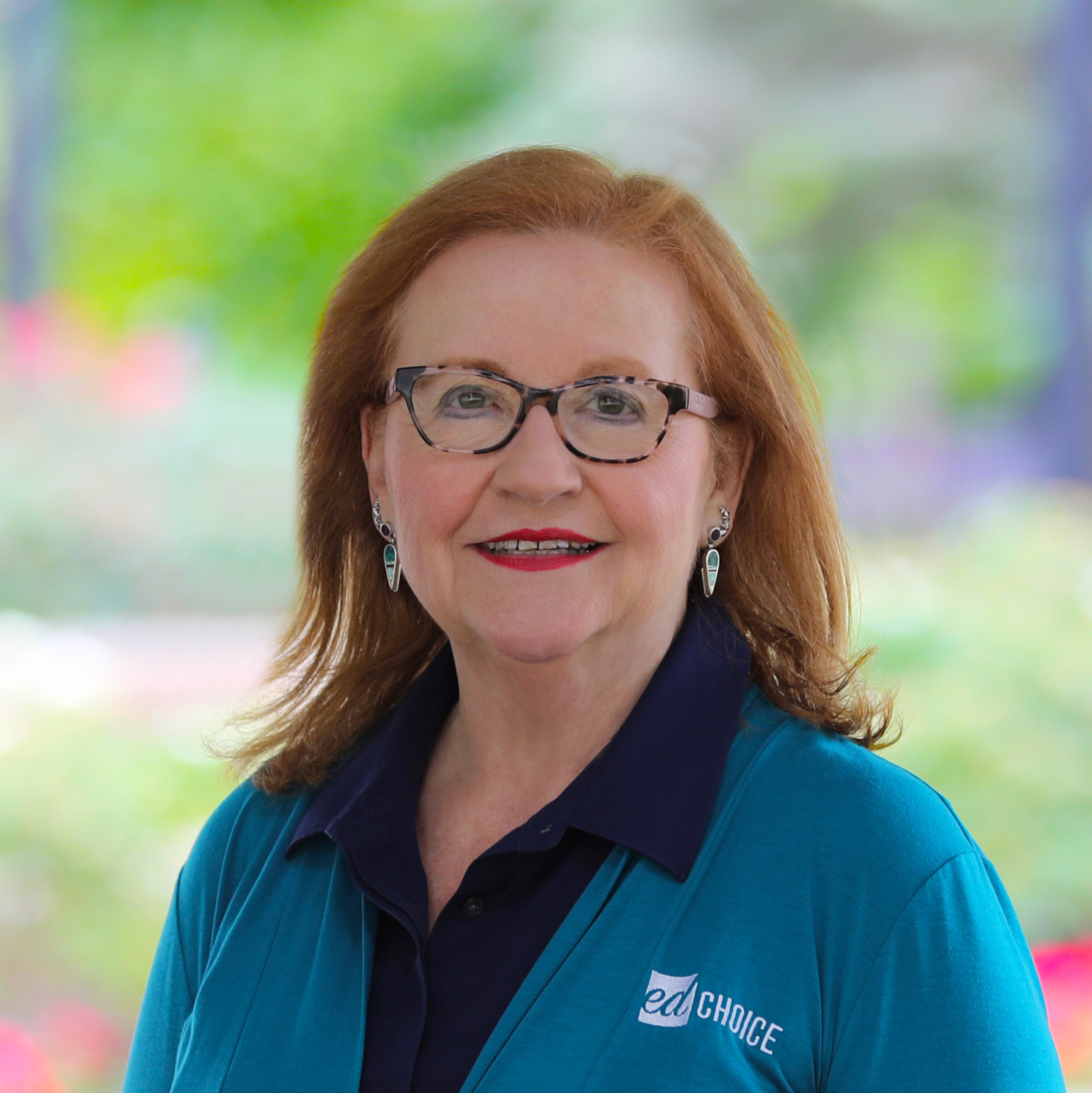BRIEF: School Choice in the States June 2015
National
The Friedman Foundation for Educational Choice released its annual national survey of Americans on K–12 education issues including school choice, Common Core State Standards, standardized testing, and more. To read a helpful slide show of key findings and to access the full 2015 Schooling in America Survey report, visit our research page.
The Friedman Foundation also sponsored a panel on the expansion of school choice programs and potential threats to religious private schools at the Faith and Freedom Conference in Washington D.C. on June 26. Friedman Foundation Vice President of Programs and State Relations Leslie Hiner moderated the panel, which included education experts, legal minds, and school choice parent advocates.
Colorado – Brittany Corona @BrittanyLCorona
The Colorado Supreme Court ruled the Douglas County Choice Scholarship Pilot Program unconstitutional on June 29. The decision strips educational opportunity from hundreds of Douglas County students. The scholarship, which was enacted in March 2011 by the Douglas County Board of Education, is the first and only district-level school choice program in the nation. It briefly served nearly 500 students in 21 schools in and around Douglas County, but was rendered inactive by a 2011 lawsuit filed by the American Civil Liberties Union (ACLU), Americans for Separation of Church and State, Taxpayers for Public Education, and others.
Although the state’s Supreme Court opinion limits educational options for Douglas County students, it might open a door for thousands across the country to access quality education; that is, if the Supreme Court of the United States decides to review the case on the Blaine Amendment issue. Learn more about the decision here.
In other Colorado news, The Friedman Foundation sponsored a panel at the Western Conservative Summit on June 27 about the victories of school choice and threat of regulatory creep.
Nevada – Michael Chartier @mchart1
The Nevada Treasurer’s office will release rules regarding the ESA program soon. It is expected that State Treasurer Dan Schwartz will release guidance regarding the 100-school day requirement as well as enrollment periods later this month. A public hearing is expected sometime in August.
South Carolina – Doran Moreland @Dmoreland9
The Exceptional Needs Children’s Program funding has expanded from $8 million to $12 million—$8 million in tax-credit scholarships and $4 million in refundable tax credits to parents. The budget increase created a refundable tax credit program and enables Scholarship Funding Organizations (SFOs) to award grants of up to $10,000 to eligible children with special needs. Donors to SFOs receive a dollar-for-dollar income tax credit of up to 60 percent of their tax liability, with an annual cap of $8 million in credits. The state budget adds $4 million in new, refundable tax credits of up to $10,000 per student that families may claim directly for tuition expenses for their children with special needs. The budget also includes provisions that increase accountability and oversight of SFOs participating in the program, at the request of school administrators and legislators. Learn more about South Carolina’s refundable tax credits here.




